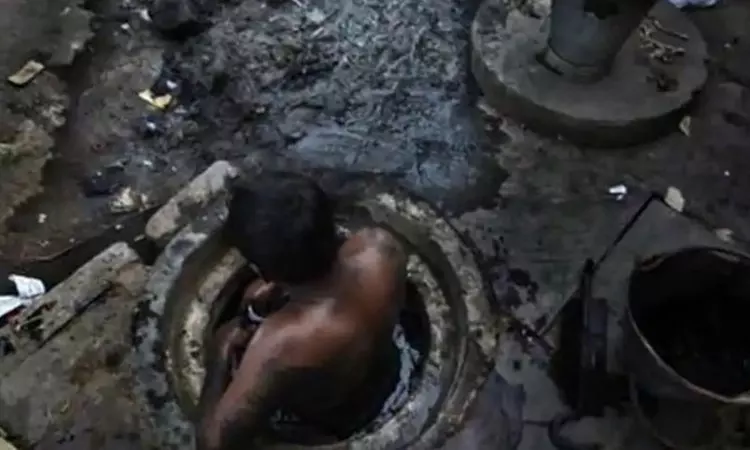Ensure Effective Implementation Of Law Against Manual Scavenging: Bombay High Court To State
Amisha Shrivastava
27 April 2024 12:43 PM IST

Next Story
27 April 2024 12:43 PM IST
The Bombay High Court recently called for information from the Municipal Corporations of Greater Mumbai, Thane, Kalyan-Dombivali, and Mira-Bhayander on steps taken for effective implementation of the Prohibition of Employment as Manual Scavengers and Their Rehabilitation Act, 2013. These Municipal Corporations have to furnish the information in the first phase of gathering information from...
